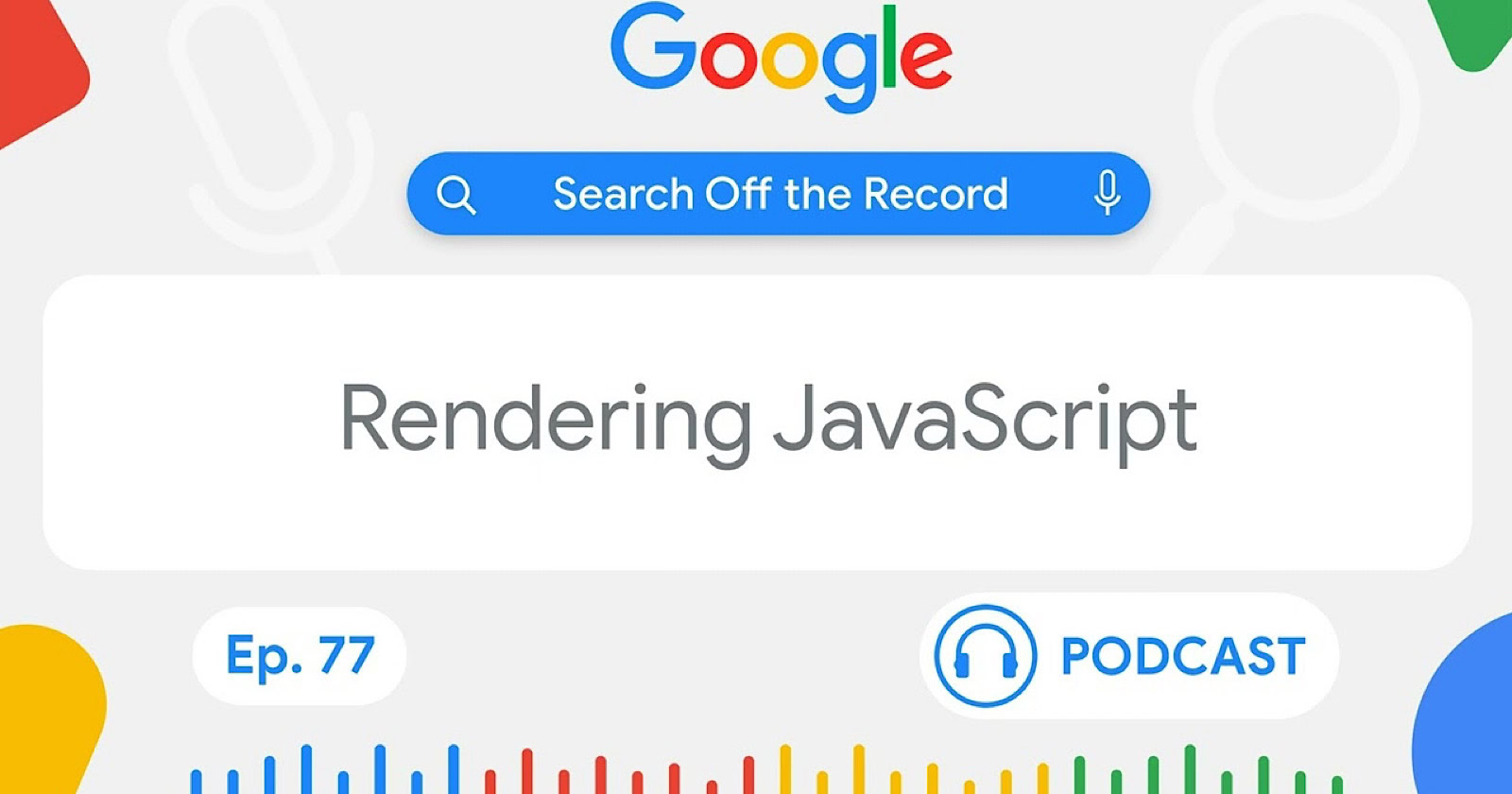In a recent episode of Google’s “Search Off The Record” podcast, Zoe Clifford from the rendering team joined Martin Splitt and John Mueller from Search Relations to discuss how Google handles JavaScript-heavy websites.
Google affirms that it renders all websites in its search results, even if those sites rely on JavaScript.
Rendering Process Explained
In the context of Google Search, Clifford explained that rendering involves using a headless browser to process web pages.
This allows Google to index the content as a user would see it after JavaScript has executed and the page has fully loaded.
Clifford stated
“We run a browser in the indexing pipeline so we can index the view of the web page as a user would see it after it has loaded and JavaScript has executed.”
All HTML Pages Rendered
One of the podcast’s most significant revelations was that Google renders all HTML pages, not just a select few. Despite the resource-intensive process, Google has committed to this approach to ensure comprehensive indexing.
Clifford confirmed:
“We just render all of them, as long as they’re HTML and not other content types like PDFs.”
She acknowledged that while the process is expensive, accessing the full content of web pages, especially those relying heavily on JavaScript, is necessary.
Continuous Browser Updates
The team also discussed Google’s shift to using the “Evergreen Googlebot” in 2019.
This update ensures that Googlebot, Google’s web crawling bot, stays current with the latest stable version of Chrome.
This change has improved Google’s ability to render and index modern websites.
What This Means for Website Owners & Developers
- Good news for JavaScript: If your website uses a lot of JavaScript, Google will likely understand it.
- Speed still matters: Although Google can handle JavaScript better, having a fast-loading website is still important.
- Keep it simple when you can: While it’s okay to use JavaScript, try not to overdo it. Simpler websites are often easier for both Google and visitors to understand.
- Check your work: Use Google’s free tools, like Fetch As Google, to ensure search crawlers can render your site.
- Think about all users: Remember that some people might have slow internet or older devices. Ensure your main content works even if JavaScript doesn’t load perfectly.
Related:
- Google’s Web Crawler Fakes Being “Idle” To Render JavaScript
- Google’s John Mueller: Move JavaScript Below The Head Element
Wrapping Up
Google’s ability to handle JavaScript-heavy websites gives developers more freedom. However, it’s still smart to focus on creating fast, easy-to-use websites that work well for everyone.
By keeping these points in mind, you can keep your website in good shape for both Google and your visitors.
Listen to the full podcast episode below:





